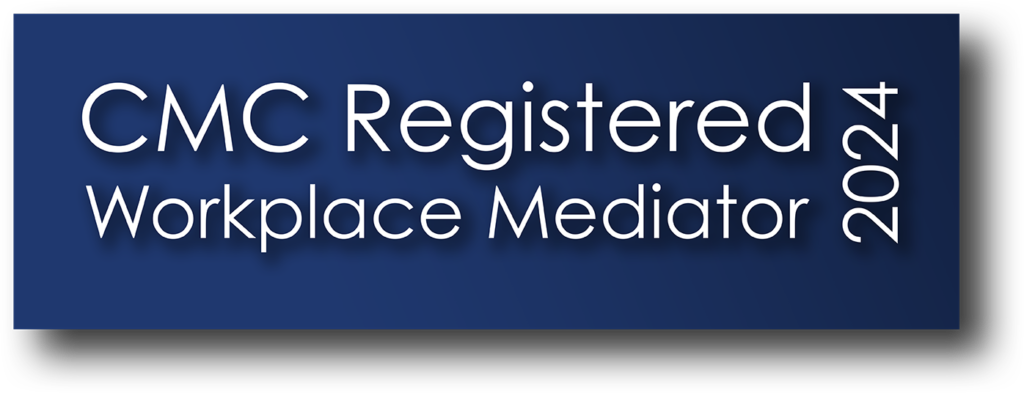Many of us often face challenging and difficult situations. We usually manage those as well as we can. Most workplace tensions are not managed with the assistance of an external third party. So, how bad does a situation have to be to justify bringing in an external facilitator or mediator to help? When is the situation officially a ‘conflict’?

Workplace conflict is everywhere
ACAS estimate that workplace conflict costs British businesses just under £30bn a year. That breaks down to roughly £1000 cost per employee. These figures include the tangible costs, such as legal fees and the cost of management time spent. They also include other costs that may not be immediately apparent, such as lost productivity and retention/recruitment costs – 800,000 people of the 10 million involved in a workplace conflict will leave the organisation within years (resignations/dismissals).
The overt and the covert

‘Conflicts’ include issues that have escalated to a very visible dispute. But they also include situations where latent conflict issues may not yet have overtly surfaced, but are present, bubbling away under the surface. The manager may be aware that there are issues that need to be addressed between two members of their team, but they are, perhaps, hoping that the issues will sort themselves out without them needing to be involved.
They usually don’t go away on their own.
When is it time to try mediation?
Here are some points to help consider when to mediate:
1. When the disagreement is starting to get in the way of your team working well and you need to rebuild the relationship
Conflict can be constructive – a well-functioning team needs to be able to air different perspectives and views to avoid group think. But we need teams that are ‘conflict competent’ to manage those discussions constructively. Mediation is particularly valuable to restore relationships – so when an ongoing relationship between yourself and the others is crucial, it can really help.
2. You’ve already had a go at resolving things informally, directly
You’ve raised that there is an issue and tried to get it resolved:
But things are still difficult and it’s getting in the way of getting the job done. This would be a good time to step it up – it’s time to get a bit more help.

3. Before the tensions escalate – and the costs
It is generally considered better to start mediation as soon as possible during the disagreement. ACAS advice that the earlier the disagreement is dealt with, the less chance there is of things getting worse.
Prompt mediation will help reduce the amount of time and money spent on the dispute and open a dialogue with the other party before they become too fixed in their position.
It’s worth noting that some lawyers consider that bringing in mediation later in the conflict, once parties have had a chance to receive legal advice is preferable. Thisis so that they go into the discussions better informed.
4. The people involved want to resolve the issues quickly and discreetly
If the people involved want to resolve the situation but need some facilitation to do that, the situation is ripe for mediation. There are lots of benefits to this approach over other dispute resolution approaches – including speed, privacy and control.

What is mediation anyway?
Mediation is a quick way to resolve disagreement at work and is:
- Less formal
- Flexible
- Voluntary
- Confidential
Conclusion
If workplace tensions are getting in the way of your team delivering what they need to do – and there have already been efforts to resolve the issues that haven’t worked – then it may be time to consider mediation. If this describes your situation, click here to arrange an informal, no-obligation call with Pip to consider whether mediation could help.
 By
By 


